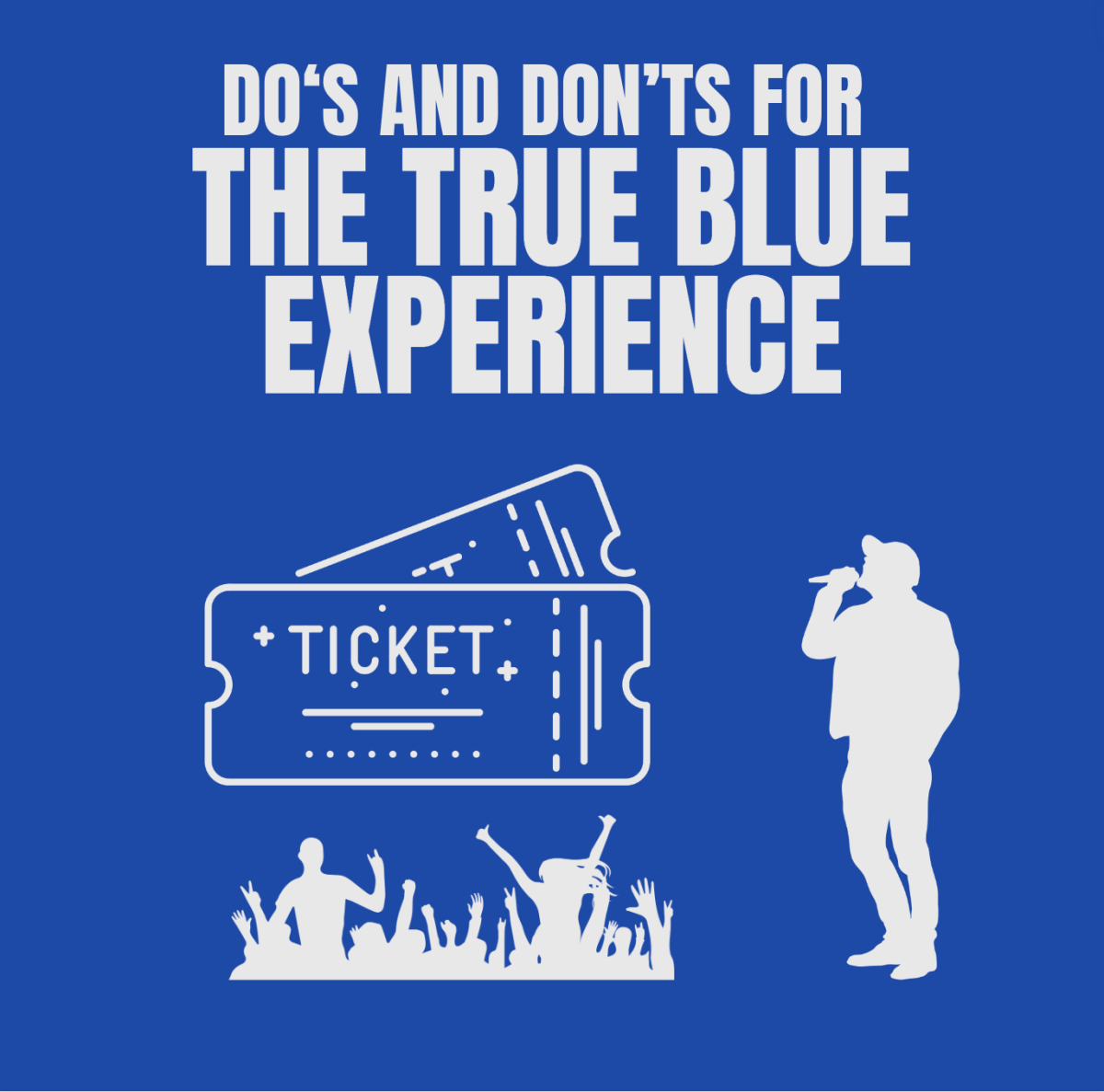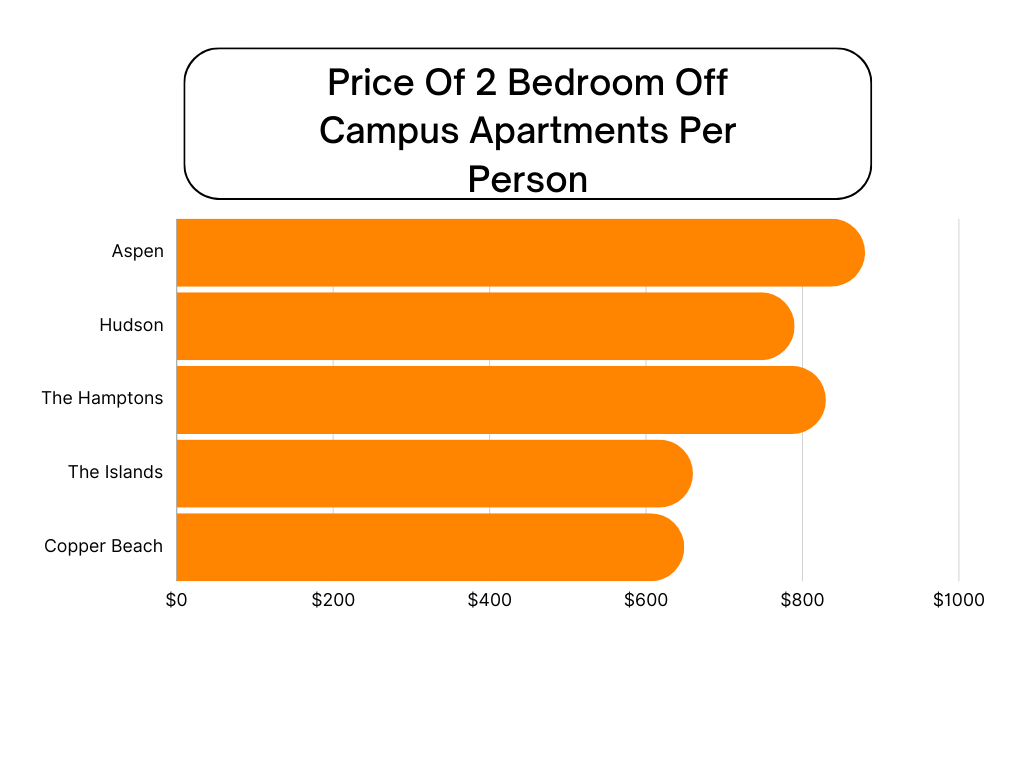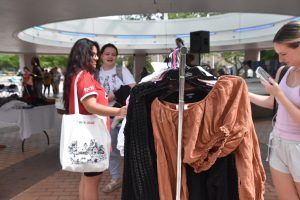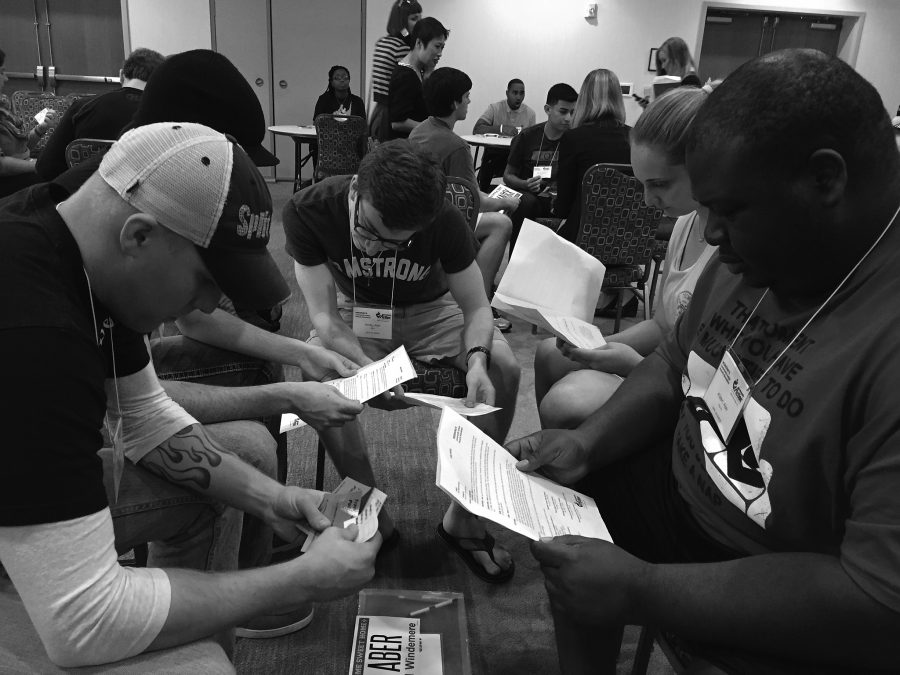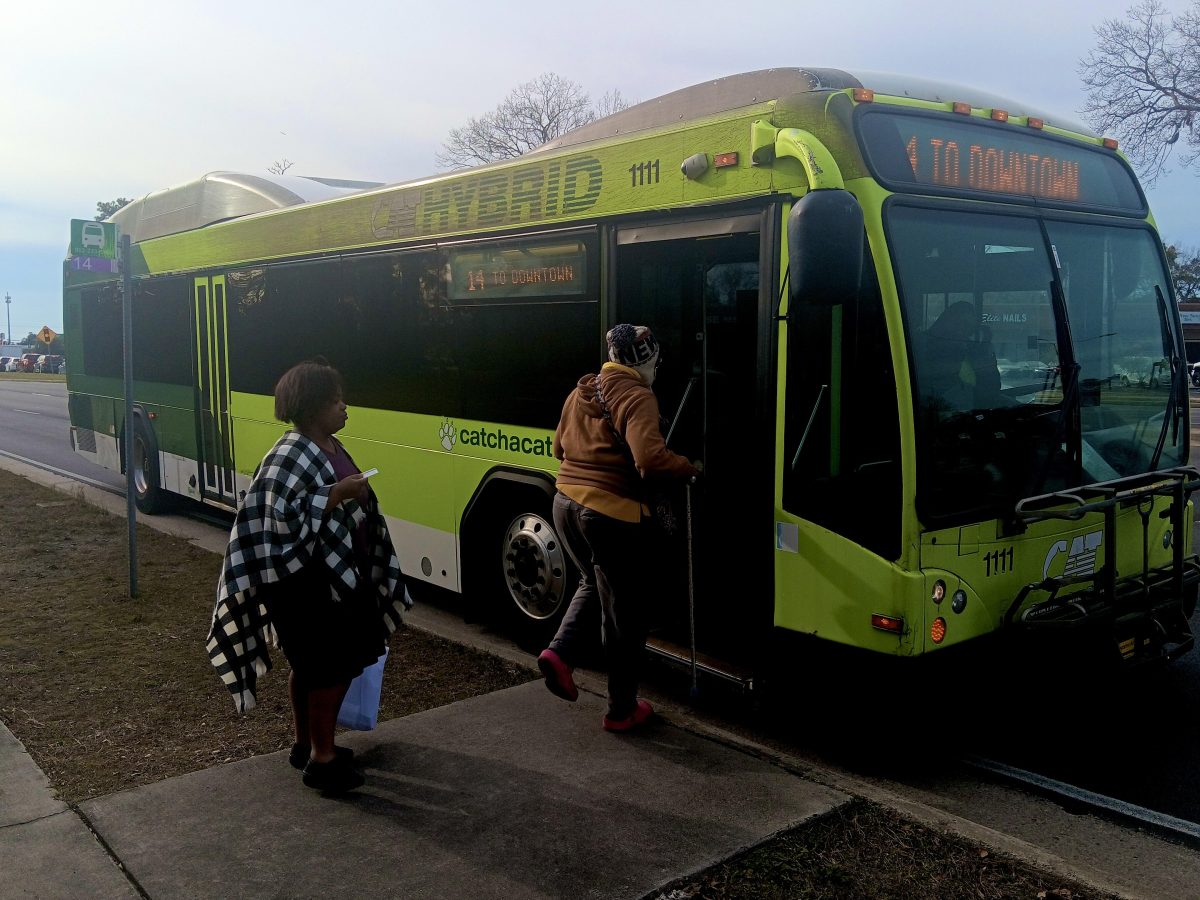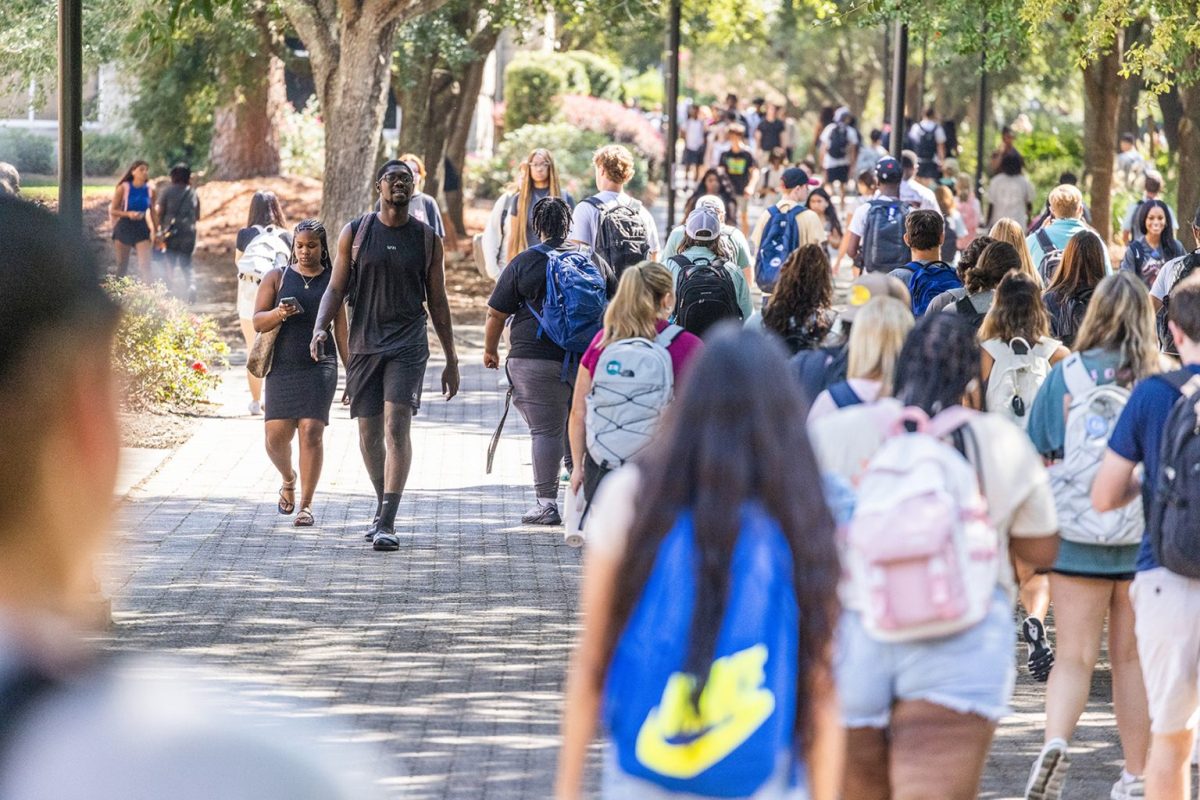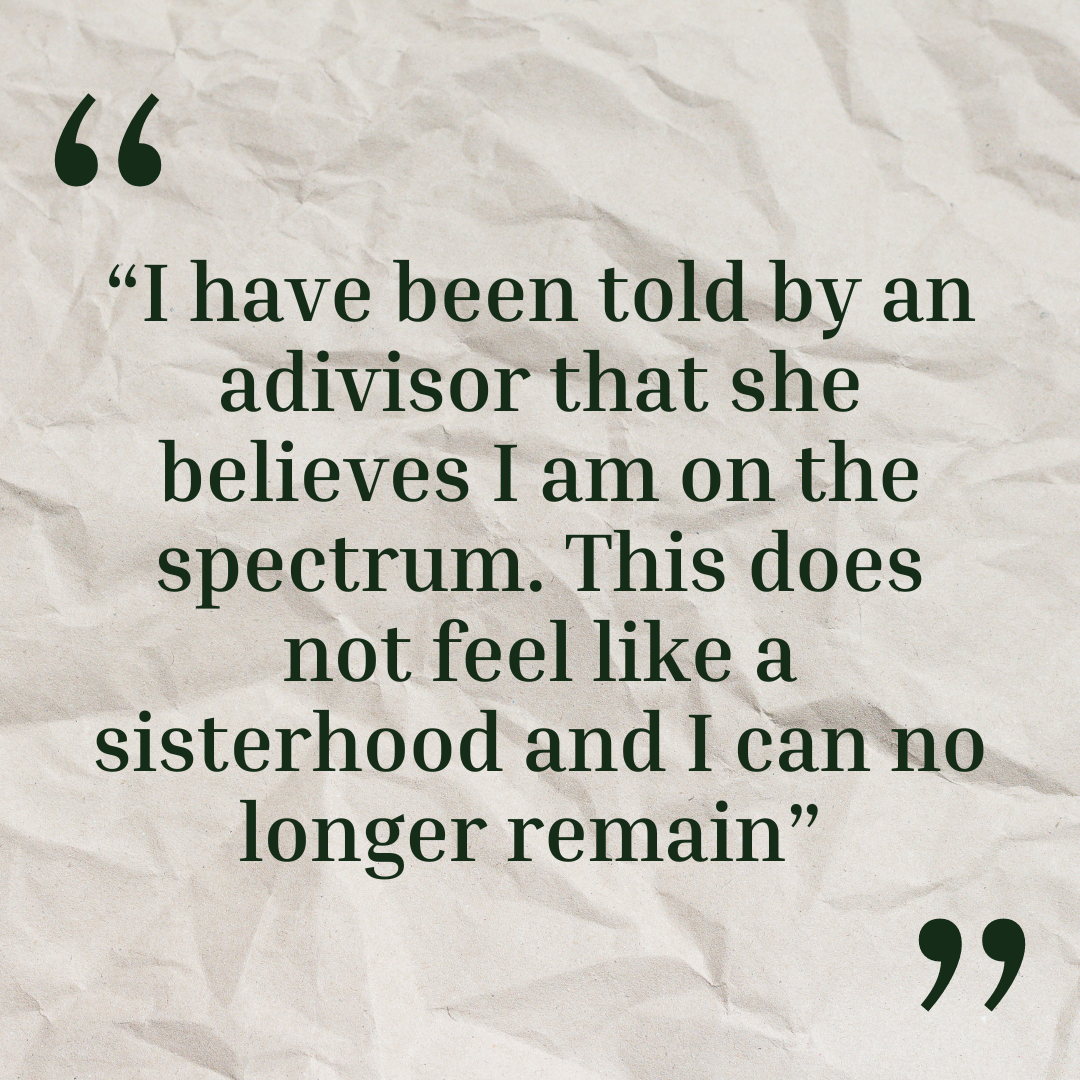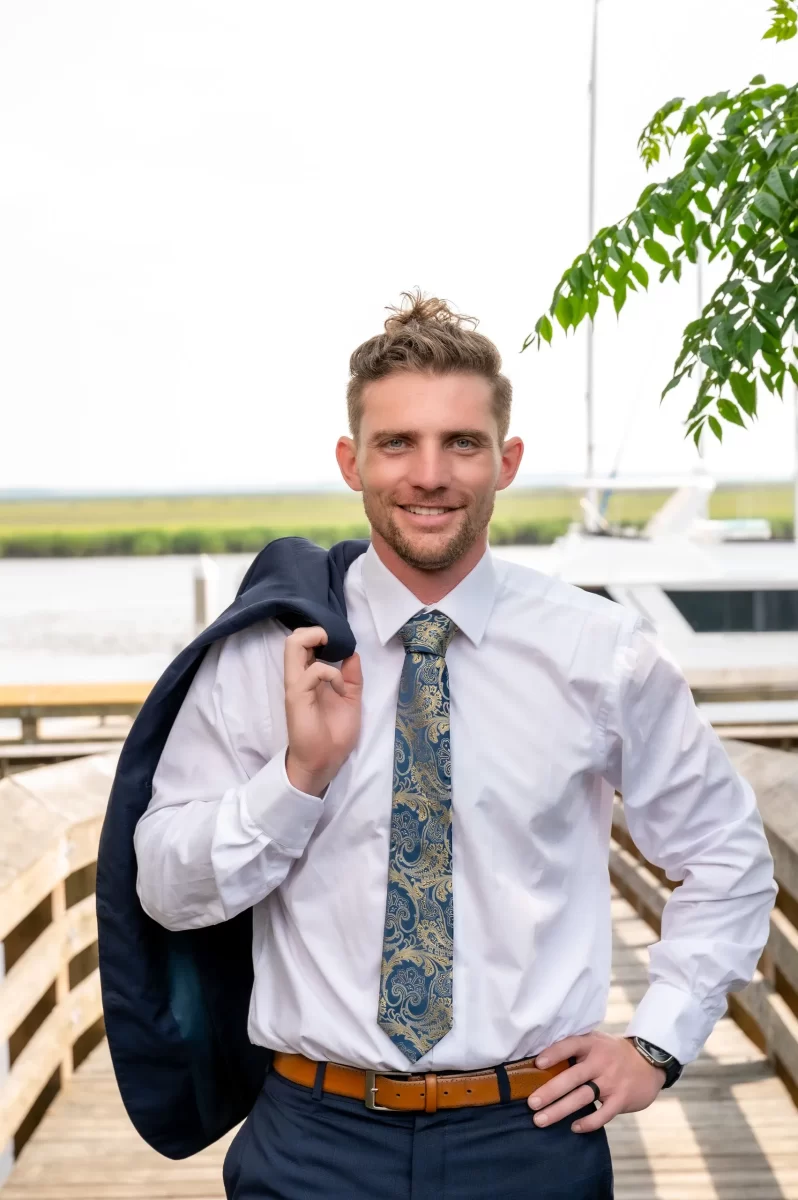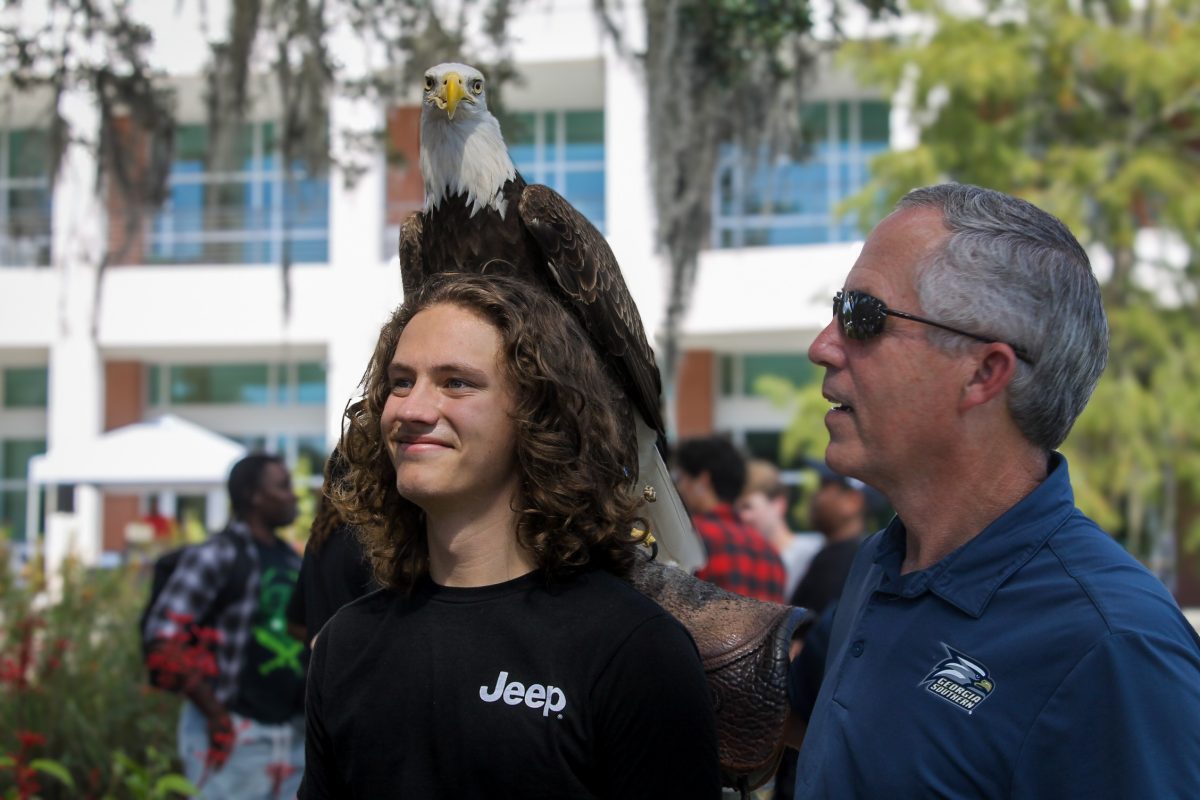
By Missi Hancock, Staff Writer
Students gathered for Step Up Savannah’s Poverty Simulator on the second floor of the Armstrong Student Union on Nov. 7.
Senior history major Kristin Singleton decided to learn an uncomfortable lesson, “You start off given a label – like 34-year-old, African American, mother of two, and maybe a job if I’m lucky. Then, they give you a number disclosing how much money you have to spend, and how much money you do have.” For the next two and a half hours, Singleton will figure out how to save money and pay off debts on a very small income and with extra mouths to feed.
Singleton and about 50 other students decided to participate in Step Up Savannah’s Poverty Simulator as a part of the 2014-2015 Common Read week. Earlier in the week, Adam Shepard, author of Armstrong State University’s current Common Read “Scratch Beginnings: Me, $25, and the Search for the American Dream,” came and spoke about his book and gave a book signing.
Nashia C. Whittenburg and other volunteer services at Armstrong thought this was the perfect opportunity to bring in the Poverty Simulation kit in the same week to go with the common read: “There are 150 volunteers,” Whittenburg said, “they help students throughout the simulation – from assigning them a role in a family, giving them situations to overcome on limited budgets, running services like transportation, EBT, WIC, and other services the impoverished community has to worry about on a weekly basis. The weeks are timed out and ‘families’ are evaluated by how well they did monetarily during the allotted five minutes that’s supposed to represent a week.”
The Poverty Simulation came to Savannah thanks to Susanne Donovan.
It was developed in Missouri in 1990 to raise awareness in businesses of how they might be affecting needy families.
Donovan said, “We brought it to Savannah in 2004 because it was a form of learning that the community hadn’t seen before. It’s under the umbrella of experiential learning and puts the lesson in the hands of those participating in the kit.”
Walk around the room and the sound of many voices talking frantically over how they’re going to afford groceries this week and students hurriedly trying to write down possible expenses.
Kristin Singleton, who is a parent, says that during the summer time she has to budget in feeding her two kids whereas during the school year she relies on free and reduced lunch to feed her kids. Singleton stated, “It’s definitely a struggle and gives me a lot of insight into the life of those much less-fortunate than me. Today gives me a whole new appreciation for my meal-plan I had while I was living on campus and the ramen noodles I just stocked in my cabinets at home!”
The poverty simulation doesn’t just stop with Armstrong. Step Up Savannah hopes to improve the simulation and keep offering it at different intuitions and businesses across Savannah: “We recently took it to a local high-school,” Donovan says, “and I look forward to it becoming an annual event throughout all Savannah.”

